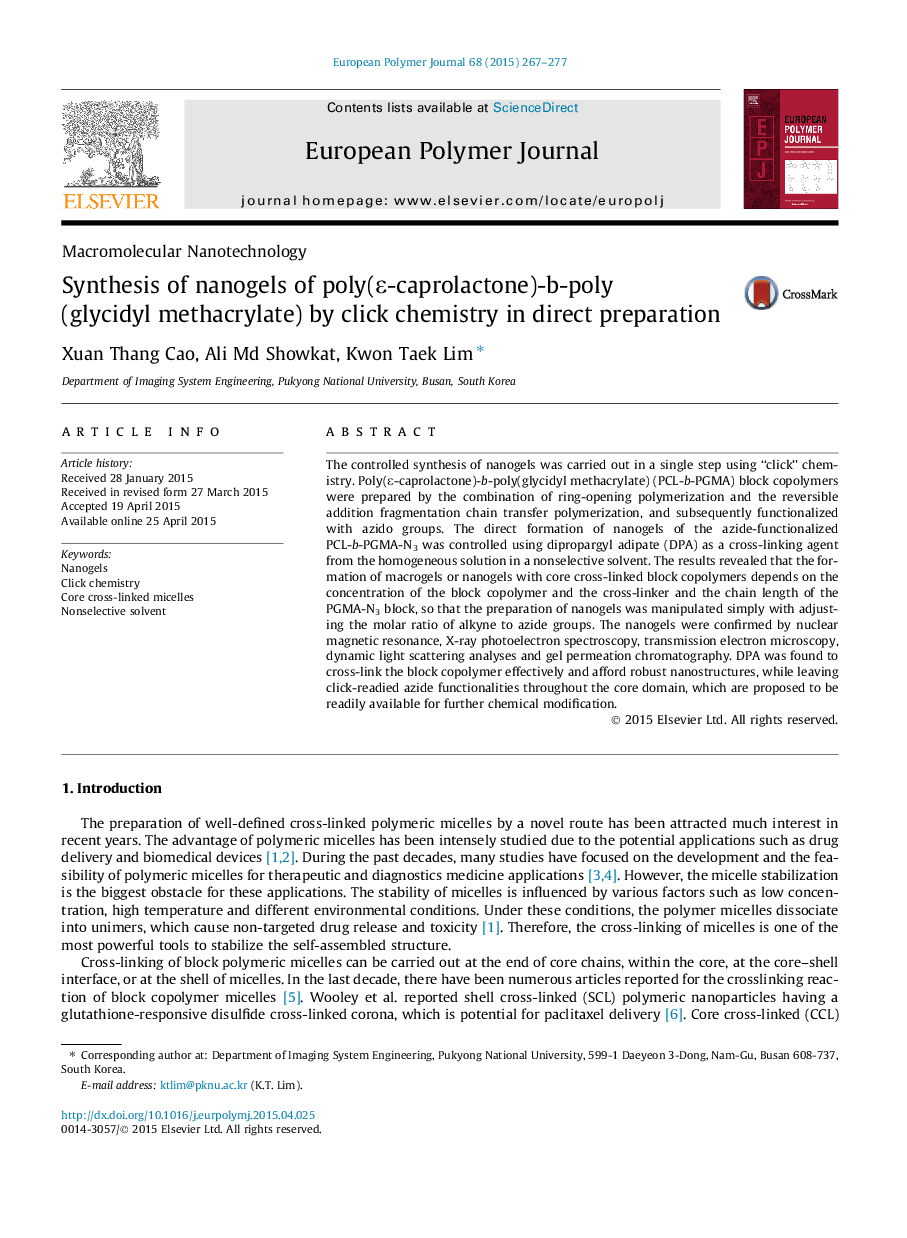| Article ID | Journal | Published Year | Pages | File Type |
|---|---|---|---|---|
| 5088675 | Journal of Banking & Finance | 2015 | 11 Pages |
Abstract
Peer-effects have been shown to affect behavior, and can generally lead to investments choices that are mean-variance inefficient. This paper analyzes optimal diversification with peer-effects. We show that if individuals have keeping-up with the Joneses preferences and they take their peer-group reference as the market portfolio, Markowitz's mean-variance efficiency analysis and the CAPM equilibrium are intact. This holds for any keeping-up preferences, as well as heterogeneous combinations of such preferences. These results also extend to the Merton-Levy segmented-market model.
Related Topics
Social Sciences and Humanities
Economics, Econometrics and Finance
Economics and Econometrics
Authors
Moshe Levy, Haim Levy,
